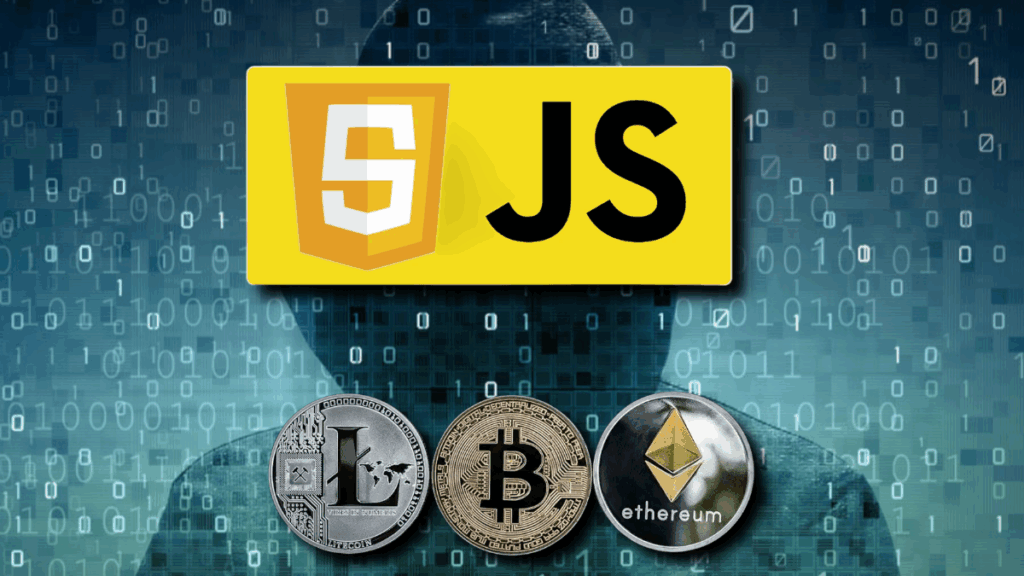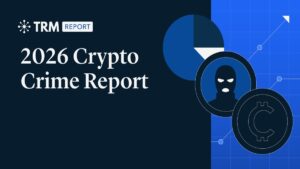TL;DR
- Hackers compromised an NPM developer’s account, injecting malware into widely used JavaScript libraries with billions of downloads.
- The malicious code attempted to target Ethereum and Solana wallets but ended up stealing less than $50 worth of crypto.
- Despite the massive scale of exposure, security experts highlighted that hardware wallets and cautious signing practices kept most users safe.
The recent NPM malware incident shows how even high-profile compromises can fall flat when users and infrastructure remain prepared. Hackers accessed the account of Josh Goldberg, an open-source maintainer better known as “Qix,” and added malicious code to JavaScript libraries integrated across countless projects. These packages, including chalk, strip-ansi, and color-convert, are essential tools buried deep in the software stack of modern applications and trusted by developers worldwide for their reliability and lightweight functionality.
How Hackers Tried To Strike
The injected malware acted as a crypto-clipper, designed to replace legitimate wallet addresses with the attacker’s own during transactions. Security platform Security Alliance revealed that the malicious campaign focused on Ethereum and Solana wallets but produced negligible gains. The identified Ethereum address “0xFc4a48” received only a handful of small transfers, starting with a mere five cents in Ether before peaking around $20. Later, the wallet accumulated several obscure memecoins, such as Brett and Dork Lord, adding little to its value or relevance in the broader crypto landscape.
Security researcher Samczsun of SEAL compared the attempt to holding the keys to Fort Knox and using them as a bookmark, stressing the absurd mismatch between the attack’s potential and its real outcome.
Why The Damage Was Minimal
Several major crypto service providers quickly reassured their users. Ledger and MetaMask confirmed that their systems remain secure thanks to layered defenses, while Phantom clarified it does not rely on the compromised versions. Uniswap, along with hardware wallet providers like Trezor, Coldcard, and Foundation Devices, also confirmed no exposure to the affected libraries.

Industry figures emphasized that users who carefully review transactions, especially when using hardware wallets, remain fully protected from such threats. DefiLlama’s founder 0xngmi pointed out that even projects relying on updated packages would not automatically be vulnerable, as users must still manually approve any suspicious transfers before funds could actually move.
The attack ultimately serves as a reminder of both the persistent risks facing developers and the strength of decentralized security practices. With awareness, layered protections, constant updates, and continued improvements, opportunistic malware campaigns are increasingly likely to fail despite massive distribution across global developer ecosystems.










